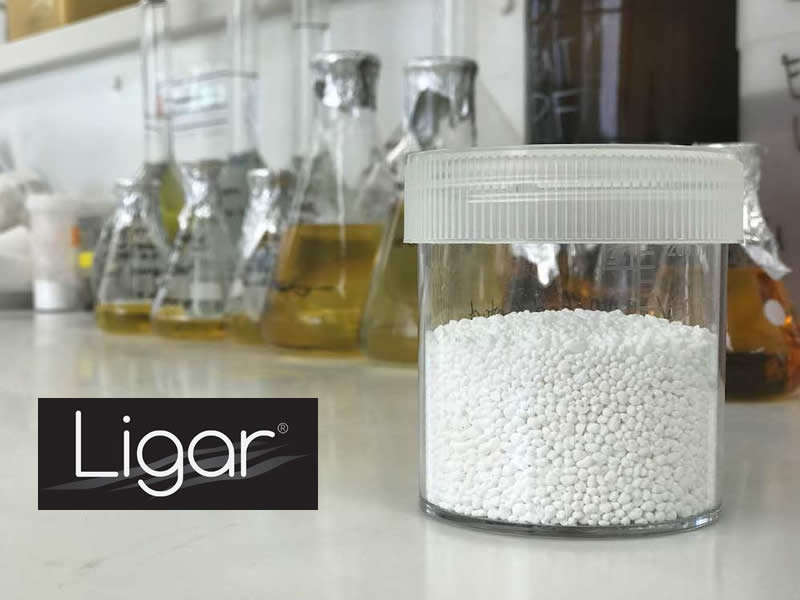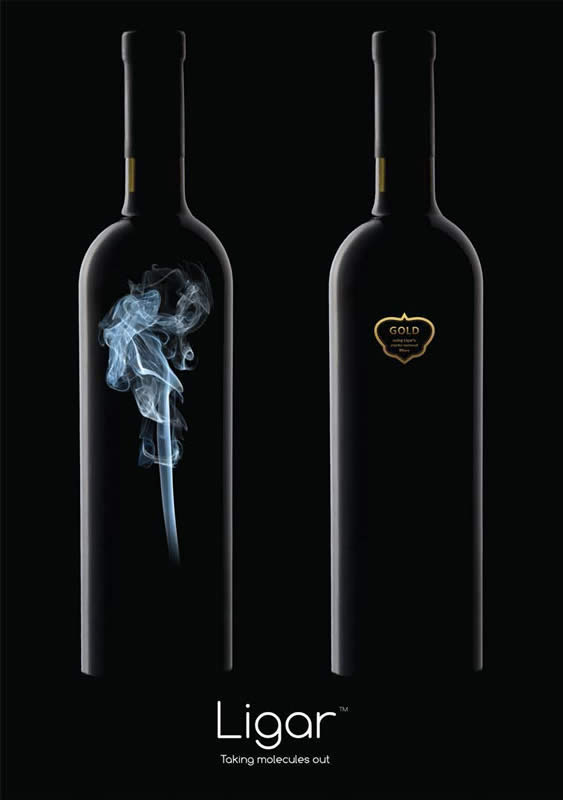Ligar - Wintec and WaikatoLink’s Molecularly Imprinted Polymers (MIP) Platform
Molecules and chemical compounds can get into places where they cause problems, through pollution and contamination, or they may have greater value if they are separated out from other compounds. In 2011, Wintec and WaikatoLink launched a PreSeed project based on the ability to mass produce materials that extract specific molecules.
The Molecularly Imprinted Polymers (MIPS) project leveraged $150k of PreSeed investment for prototyping and market validation, culminating in a highly successful spin-out, Ligar. Today the start up has attracted $8M in investment and supports 20 FTEs.
Most filtration systems deal with contaminants by removing particles of a certain size. Some, like ion exchange, deal with small groups of metals. Ligar removes and recovers very specific molecules using molecularly imprinted polymers, or MIPs for short.
MIPs have been around since the 1930s and are typically used for the high precision analysis of compounds in laboratories. Ligar has taken the concept of using MIPs to capture specific molecules and applied it to large scale filtration. This was no easy task as MIPs are typically difficult to develop, difficult to produce in large volumes and difficult to use outside of the lab.


Ligar has cracked the many technical reasons why selectively removing specific molecules at an industrial scale is not widespread.
This has opened a very exciting range of opportunities in purification, pollution remediation and valuable material extraction.
Ligar has recently completed the development of a product to rapidly purify cannabinoid extracts from hemp, displacing a standard multi-stage distillation process and producing a higher value concentrate.
This was piloted in the US by a major cannabis company which has now ordered a large scale system. In turn this has led to the creation of a new company, Amber Purification Limited, to commercialise the technology in the global cannabis processing market.
It has also developed a food contact approved (FDA and EFSA) polymer for removing phenolic taints from wine, a project which began with the PreSeed funding.
These are currently being trialled with smoke tainted wines from one the largest winemakers in the US, the final stage required before gaining Federal approval to use the polymers for wine treatment in the US.
Looking at other taints, heavy metals, pesticides and persistent pollutants like PFAS present opportunities for MIPs to be used.
These taints can and are being removed from a wide range of liquids from wine to factory waste.
Ligar currently produces beads, filter plates and powders to filter a range of fluids (oils, wine, water, solvents, acid) at a wide range of pHs.
Ligar has received significant private investment and formed partnerships with global market leading corporations in the fields of consumer healthcare, cannabis, food filtration and flavours and aromas.



